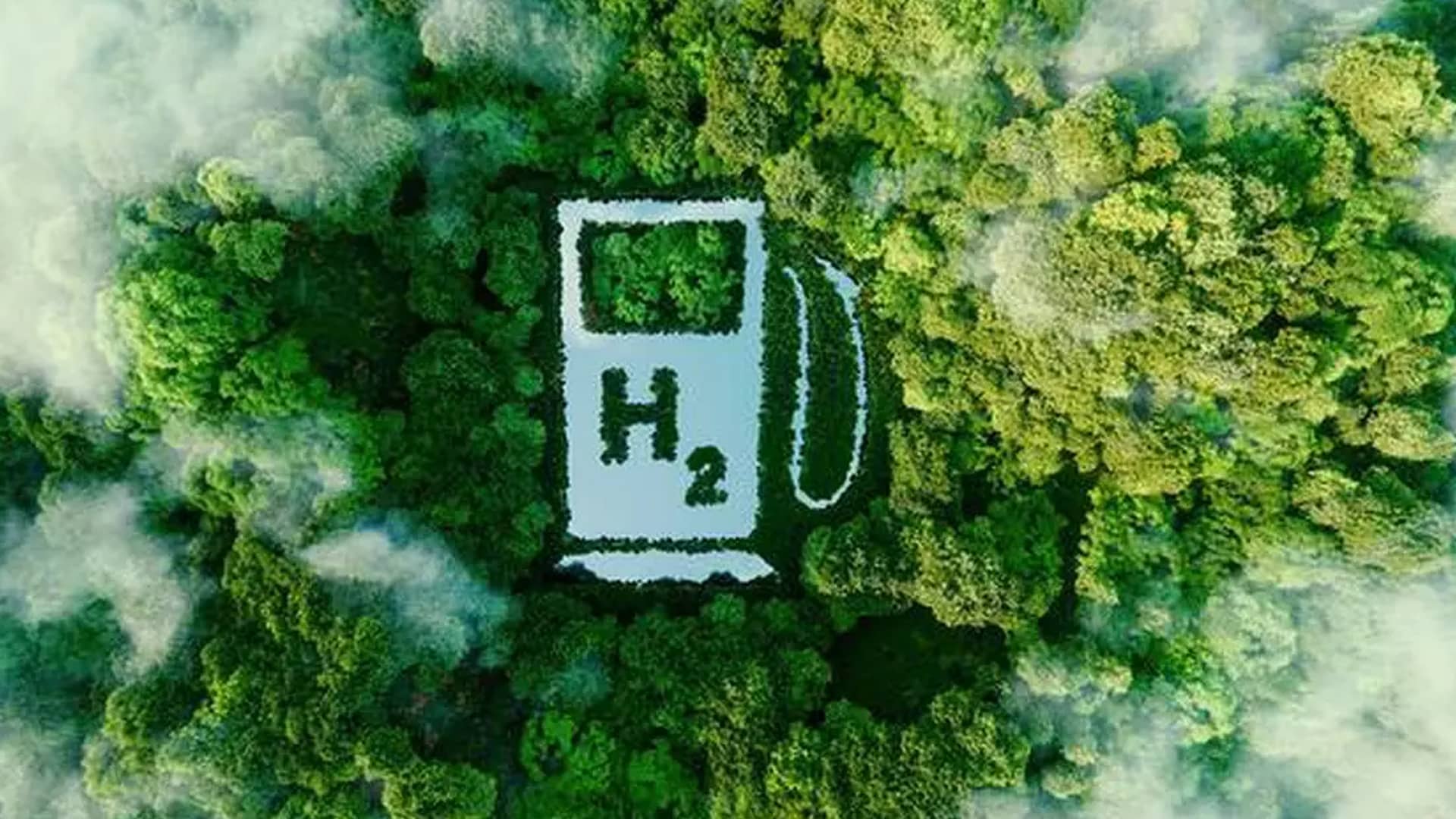India's Green Hydrogen Revolution: BHEL Partners with BARC to Boost Indigenous Electrolyser Systems
Key Ideas
- Bharat Heavy Electricals Ltd (BHEL) signs a Technology Transfer Agreement with Bhabha Atomic Research Centre (BARC) to develop indigenous Electrolyser Systems, focusing on replacing costly imports with homegrown innovation.
- The agreement allows BHEL to utilize BARC's Mixed-Matrix Membrane Diaphragm technology, offering a low-cost alternative to imported diaphragms and supporting India's 'National Green Hydrogen Mission' and 'Make in India' initiative.
- This strategic collaboration enhances BHEL's position in the green hydrogen value chain, reduces the country's reliance on foreign materials, and contributes significantly to the development of indigenous energy technologies.
- The partnership marks a significant step towards sustainable energy practices, reinforcing India's commitment to clean energy and self-reliance in the realm of green hydrogen production.
In a significant move to advance India's green hydrogen ambitions, Bharat Heavy Electricals Ltd (BHEL) has entered into a Technology Transfer Agreement with Bhabha Atomic Research Centre (BARC) for the development of indigenous Electrolyser Systems. The primary goal of this partnership is to replace expensive imports with domestically developed innovations. The agreement grants BHEL access to BARC's Mixed-Matrix Membrane Diaphragm technology, a critical component in alkaline electrolysers essential for water splitting into hydrogen and oxygen.
By leveraging this technology, BHEL aims to eliminate the need for traditional asbestos-based diaphragms and costly imported Zirfon diaphragms. This move aligns perfectly with India's 'National Green Hydrogen Mission' and the 'Make in India' campaign, emphasizing self-sufficiency and cost-effectiveness in hydrogen production. BHEL's optimistic outlook on the long-term impact of this collaboration underscores the potential of the new technology to reduce the country's dependence on foreign materials and enhance the sustainability of the hydrogen production process.
This partnership not only strengthens BHEL's position in the green hydrogen value chain but also signifies a significant stride towards developing indigenous energy technologies. The confidential commercial terms of the agreement give rise to anticipation about the transformative effects it will have on the clean energy sector. Ultimately, this initiative underscores India's commitment to sustainable practices and self-reliance in the realm of green hydrogen production, contributing to the country's clean energy portfolio and fostering a more environmentally friendly future.
